The Best Protein Foods for Muscle Building
Building muscle, also known as muscle hypertrophy, is the process of increasing the size and strength of skeletal muscles. It is a complex process that involves several factors, including resistance training, nutrition, and rest.
Resistance training is the primary stimulus for muscle growth and involves using weights or other forms of resistance to challenge the muscles and cause them to adapt and grow.
Nutrition is also essential for building muscle. Protein is required by the body to repair and develop muscular tissue. Consume 0.8 grams of protein per kilogram of body weight per day as a general recommendation. However, when building muscle, it is recommended to increase protein intake to 1.2-1.7 grams per kilogram of body weight per day.
Rest is also important for muscle growth. Muscles need time to repair and grow after being challenged in resistance training. Every night, try for 7-8 hours of sleep.
Table of Contents
Introduction
- The process of growing muscle mass is known as muscular hypertrophy, and it is the primary goal of resistance training. A variety of factors influence muscle development, including hormones such as testosterone and growth hormone, as well as the availability of amino acids and other nutrients.
- Protein is needed for the building and restoration of muscle tissue. Your muscles break down when you conduct resistance exercises. Protein is subsequently utilized to repair these muscles, resulting in more muscular growth and strength.
- Amino acids are necessary because our bodies cannot create them on their own. We must get them from our diet. Essential amino acids are used to build and repair muscle tissue, make hormones and enzymes, and transport nutrients throughout the body.
- The best protein to build muscles is one that is easily digested and contains all nine essential amino acids (EAAs). EAAs are the building blocks of muscle tissue, and they cannot be produced by the body. Therefore, it is important to consume enough protein in your diet to ensure that your muscles have the nutrients they need to grow and repair.
- It is important to eat a variety of protein-rich foods to ensure that you are getting all of the essential amino acids that your body needs.
The Nine Essential Amino Acids
- Histidine
- Isoleucine
- Leucine
- Lysine
- Methionine
- Phenylalanine
- Threonine
- Tryptophan
- Valine
The function of Essential Amino Acids
Essential amino acids are required for a wide range of biochemical functions, which include:
- Protein synthesis
- Tissue repair
- Energy production
- Muscle growth and recovery
- Immune function
- Hormone production
- Mood and sleep regulation
Which is the most Essential Amino Acid for Muscle-Building?
- Leucine is the most essential amino acid for muscle gain. It is one of the three branched-chain amino acids (BCAAs), and it plays a key role in stimulating muscle protein synthesis.
- Leucine is also involved in activating the mTOR pathway, which is a signaling pathway that regulates cell growth and metabolism. When leucine levels are high, the mTOR pathway is activated, which leads to increased muscle protein synthesis.
- In addition to its role in muscle protein synthesis, leucine also helps to reduce muscle protein breakdown. This is important because it helps preserve muscle mass during caloric restriction or exercise-induced stress.
- Studies have shown that supplementing with leucine can increase muscle growth and strength in both resistance-trained and untrained individuals. For example, one study found that participants who supplemented with leucine experienced a 41% greater increase in muscle mass than those who did not supplement with leucine.
- Another study found that participants who supplemented with leucine experienced a 17% greater increase in strength than those who did not supplement with leucine.
- Based on the evidence, leucine is the most important essential amino acid for muscle growth. It is important to consume enough leucine throughout the day to maximize muscle protein synthesis and reduce muscle protein breakdown.
Good sources of leucine include:
- Whey protein
- Egg whites
- Chicken breast
- Salmon
- Greek yogurt
- Beef
- Turkey
- Pork
- Beans
- Lentils
- Tofu
- Tempeh
You can also supplement with leucine powder. The recommended dose of leucine for muscle growth is 2-5 grams per day.
Here are some tips for increasing your leucine intake:
- Contains a source of protein in daily meals.
- Prefer lean protein sources like chicken breast, fish, and tofu.
- Use whey protein powder in smoothies and shakes.
- Consume leucine supplements, if desired.
By increasing your leucine intake, you can maximize muscle protein synthesis and muscle growth.
How to Build Muscle Effectively?
- Protein is essential for muscle building, but rather than focusing just on the amount of protein consumed, you need also to consider the time of your consumption.
- The method of muscle protein synthesis (MPS) is produced by strength training activity, but it’s also boosted when you consume protein.
- This is one cause why those looking to build up should aim to extend their protein input evenly over diet and snacks throughout the day.
- MPS is more significant under these circumstances than a more specific pattern in which little protein is consumed in the morning, a bit more at lunch, and then a big portion at dinner. And, a bedtime snack including about 25 g of protein can assist in stimulating MPS during the night.
- Both plant-based and animal-based protein sources supply the essential building blocks for MPS, but other proteins are digested and absorbed at various rates, so taking in a mixture of protein sources could permit a prolonged discharge of amino acids into the system.
- As an example, dairy products include two proteins: whey and casein. Whey is regarded as a “fast-acting” protein. At the same time, casein takes longer for the body to process – and is the reason why many athletes turn to dairy proteins since they supply a sustained release of amino acids over a more prolonged period.
- Regardless, animal proteins aren’t essential to build muscle. With detailed planning and awareness of total intake, even vegetarians can ingest sufficient protein to sustain muscle growth.
Source of Best Protein for Muscle-Building
- Protein is required for the building and repair of muscle tissue. When you engage in resistance training, your muscles break down. Protein is then used to rebuild these muscles, leading to increased muscle mass and strength.
- There are many different types of protein available, but some of the best sources for building muscle include:
Whey protein
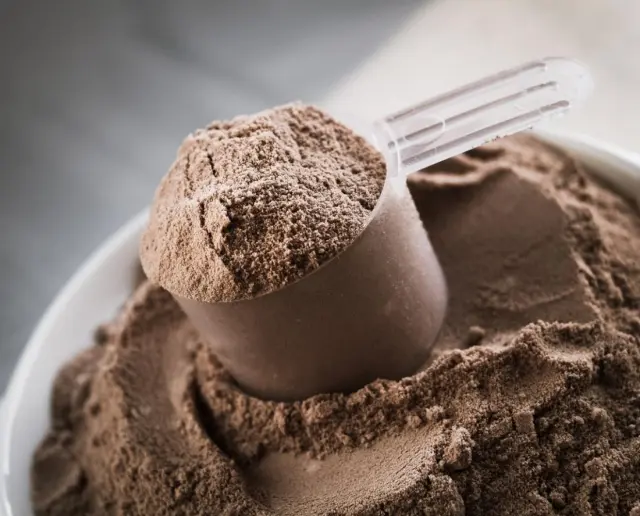
- Whey protein is a complete protein, meaning it contains all nine essential amino acids that your body needs to build muscle. It is also a very fast-digesting protein, which means it is quickly absorbed into your bloodstream to help your muscles repair and grow.
Casein protein
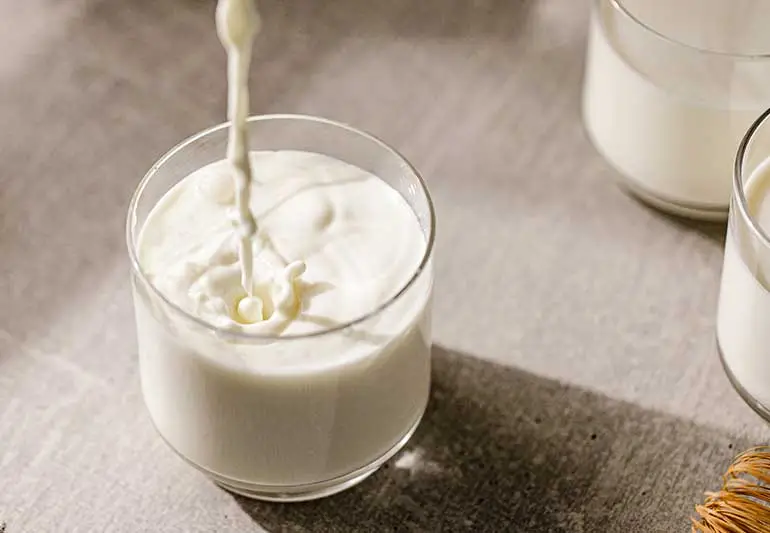
- Casein protein is another complete protein that is slower-digesting than whey protein. This means it releases amino acids into your bloodstream over a longer period, which can help to prevent muscle breakdown throughout the day.
Egg protein
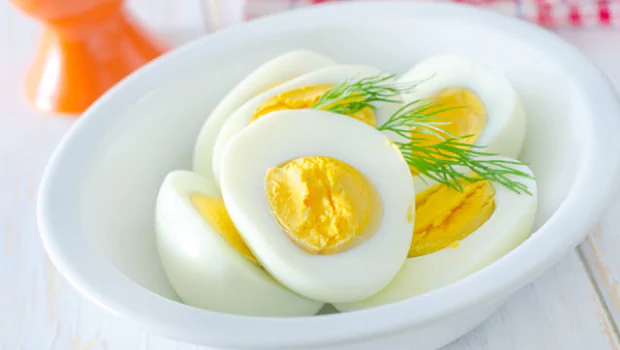
- Egg protein is another excellent source of complete protein. It is also a good source of choline, which is important for muscle function and repair.
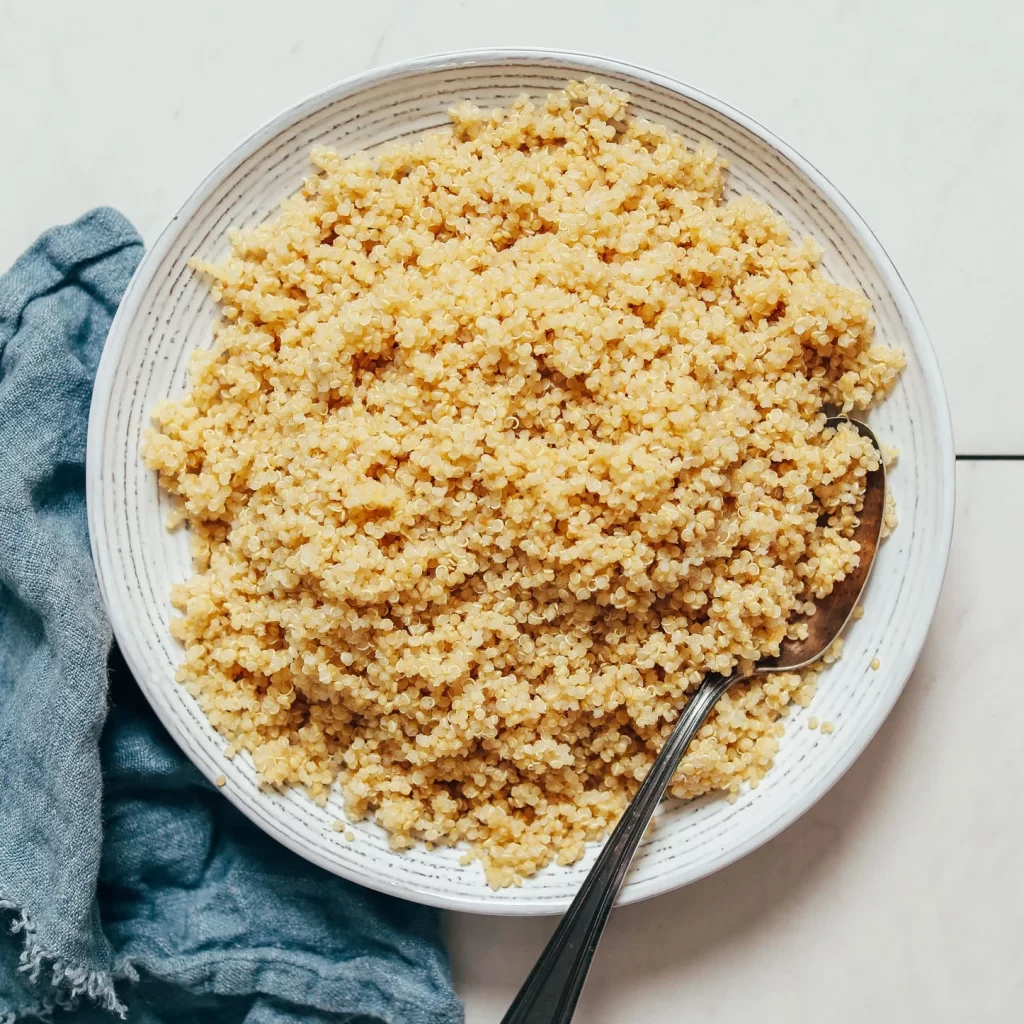
Quinoa
- Quinoa is a complete protein that is high in iron and fiber. It is a versatile grain that can be cooked and eaten like rice or pasta.
Soy protein
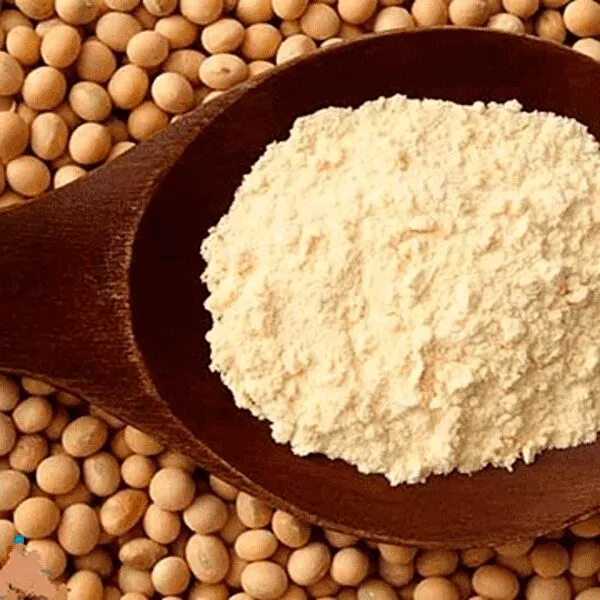
- Soy protein is a plant-based complete protein that is a good option for vegans and vegetarians. It is also a good source of fiber, which can help to promote satiety and digestion.
Red meat
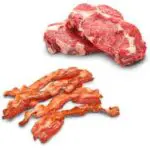
- Red meat is a good source of high-quality protein, as well as iron and zinc, which are important for muscle function.
Poultry
- Poultry, such as chicken and turkey, is another good source of high-quality protein. It is also a lower-fat option than red meat. Chicken is a lean protein source that is also a good source of vitamin B6, which is important for muscle protein synthesis.
Fish
- Fish is a good source of protein and omega-3 fatty acids, which are important for muscle health and inflammation. Omega-3 fatty acids can help to reduce inflammation and improve muscle recovery. Omega-3 fatty acids may be found in salmon, tuna, and mackerel.
Dairy products
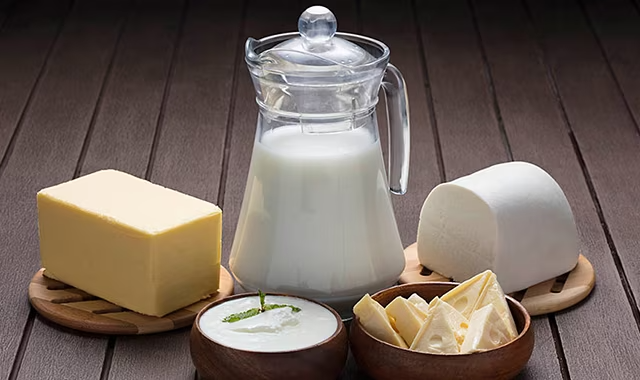
- Dairy products, such as milk, yogurt, and cheese, are good sources of protein and calcium, which are important for bone health. Greek yogurt is a high-protein snack that also contains calcium. It is a versatile food that can be eaten independently or added to smoothies, oatmeal, or granola.
Legumes
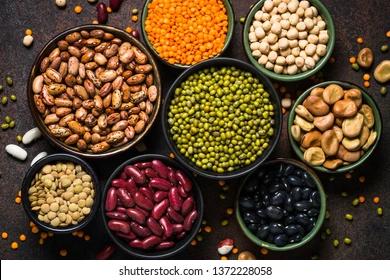
- Legumes, such as beans and lentils, are a good source of plant-based protein and fiber. Lentils are a complete protein that is a good source of fiber and iron. They are versatile legumes that can be cooked and eaten in soups, stews, and salads.
Nuts and seeds
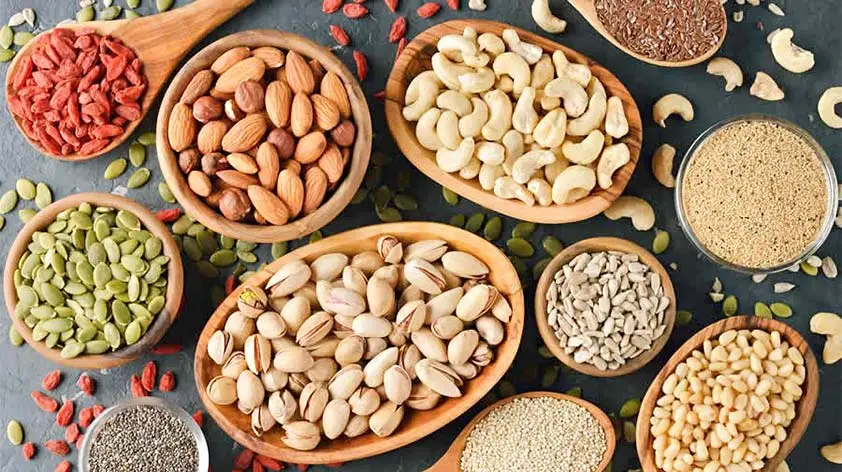
- Protein, healthy fats, and fiber are all contained in nuts and seeds.
In addition to eating a healthy diet that is high in protein, you can also consider using protein supplements to help you reach your daily protein needs. Protein supplements are a convenient way to get a concentrated source of protein, and they can be especially helpful if you are struggling to get enough protein from your diet.
Ayurvedic herbs that help Muscle-Building
- Ayurvedic medicine, an ancient Indian healing system, has been used for centuries to promote overall health and well-being, including muscle growth and strength. Several Ayurvedic herbs are believed to have properties that can support muscle-building efforts when combined with a healthy diet and exercise regimen.
- Ayurvedic herbs are a great way to promote muscle growth and strength. They are safe and natural and are effective in clinical trials. Here are some of the most popular and well-researched Ayurvedic herbs for muscle growth:
- Here are some of the most well-known Ayurvedic herbs that are believed to help build muscle:
- Ashwagandha (Withania somnifera): Ashwagandha is a versatile herb that has been traditionally used to treat a variety of health conditions, including stress, anxiety, and insomnia. It is also believed to be beneficial for muscle growth and strength. Studies have shown that ashwagandha can increase testosterone levels, which can in turn promote muscle mass development.
- Shatavari (Asparagus racemosus): Shatavari is another Ayurvedic herb that is traditionally used to promote reproductive health and overall well-being. It is also believed to be beneficial for muscle growth and recovery. Studies have shown that shatavari can increase levels of growth hormone, which is important for protein synthesis and muscle repair.
- Shilajit: Shilajit is a mineral-rich material discovered in the Himalayan mountains. It is believed to have several health benefits, including improving energy levels, reducing fatigue, and boosting athletic performance. Studies have shown that shilajit can increase testosterone levels and improve muscle strength.
- Safed musli (Chlorophytum borivilianum): Safed musli is an Ayurvedic herb that is traditionally used to treat erectile dysfunction and low libido. It is also believed to be beneficial for muscle growth and recovery. Studies have shown that Safed musli can increase testosterone levels and improve sperm count.
- Gokhru (Tribulus terrestris): Gokhru is an Ayurvedic herb that is traditionally used to treat urinary tract infections and kidney stones. It is also believed to be beneficial for muscle growth and recovery. Studies have shown that gokhru can increase testosterone levels and improve muscle strength.
It is important to note that the scientific evidence for the effectiveness of Ayurvedic herbs for muscle building is still limited. More additional study is required to validate these benefits.
If you are considering using Ayurvedic herbs for muscle building, it is important to talk to your doctor first. Certain herbs have the potential to interact with medication or cause negative effects.
In addition to using Ayurvedic herbs, there are other things you can do to promote muscle growth, such as:
- Consuming a high-protein diet that is healthful
- Getting regular exercise
- Getting enough sleep
- Managing stress levels
Additional tips for Muscle-Building:
- Engage in regular resistance training: Resistance training is essential for building muscle. Aim to lift weights or do other forms of resistance training at least three times per week.
- Get enough sleep: Sleep is essential for muscle development and restoration. Try to gain 7-8 hours of sleep each night.
- Manage stress: Stress can interfere with muscle growth. Discover beneficial stress-management methods like exercise, yoga, or meditation.
- Be patient: Building muscle takes time and effort. If you don’t see instant benefits don’t be discouraged. Just continue going, and you’ll eventually reach there.
FAQs
Diet is a critical component in muscle growth. Higher protein diets are beneficial to muscle growth, leading to muscular boosts and increased strength when combined with resistance training.
Choose a product with a high-quality protein source, such as whey, casein, egg, beef, pea, or brown rice, as well as one that meets your needs and tastes.
You’ll need to consume more calories than usual to maximize muscular development. Each day, individuals consume 1.4-2 grams of protein per kilogram of body weight.
You should also consume sufficient carbs, vitamins, minerals, and healthy fats to aid in muscle growth and recuperation.
Most individuals require 0.75g of protein per kilo of body weight per day (45g for women and 55g for men). That equates to around two servings of meat, fish, nuts, or tofu every day. A protein serving should be around the size of your palm.
ASHWAGANDHA (Withania somnifera)
SATAVARI (Asparagus racemosus)
GOKSHURA (Tribulus terrestris)
MUSLI SAFED (Chlorophytum borivilianum)
Researchers discovered that ashwagandha might considerably boost muscular strength and muscle building while shortening recovery time. It also increased testosterone levels and decreased body fat, showing the herb’s effectiveness.
References
- Zambon, V. (2023, February 10). 9 best muscle-building protein powders. https://www.medicalnewstoday.com/articles/best-protein-powder-to-build-muscle#how-we-chose
- Sophie. (2023, November 7). The best sources of protein for building muscle. Samsung Food. https://samsungfood.com/blog/best-sources-protein-building-muscle-mass/
- http://www.haridwarayurved.com. (n.d.). B. C. Hasaram & Sons – Haridwar | Kesri Marham | Dard Aaram. https://www.haridwarayurved.com/blog/The-9-Ayurvedic-herbs-that-help-in-muscle-growth
- Mironcoder. (n.d.). Buy Ayurvedic and Siddha medicine | Pharmayush. https://pharmayush.com/blog/natural-ways-to-build-muscle-mass-with-ayurveda-remedies
- Ns-Admin. (2023, June 13). How to build muscle effectively: The role of protein, diet, and exercise. Herbalife. https://iamherbalifenutrition.com/fitness/protein-to-build-muscle/

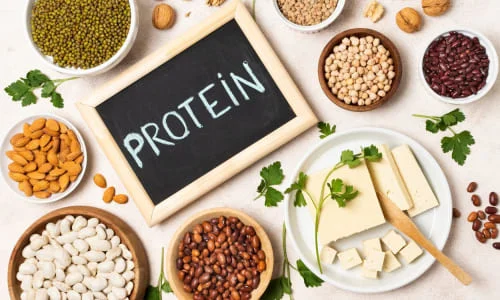

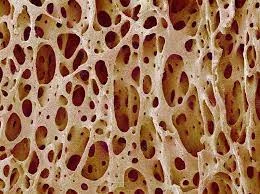

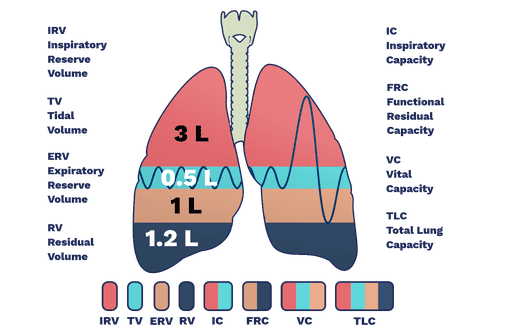

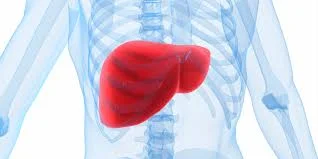
2 Comments